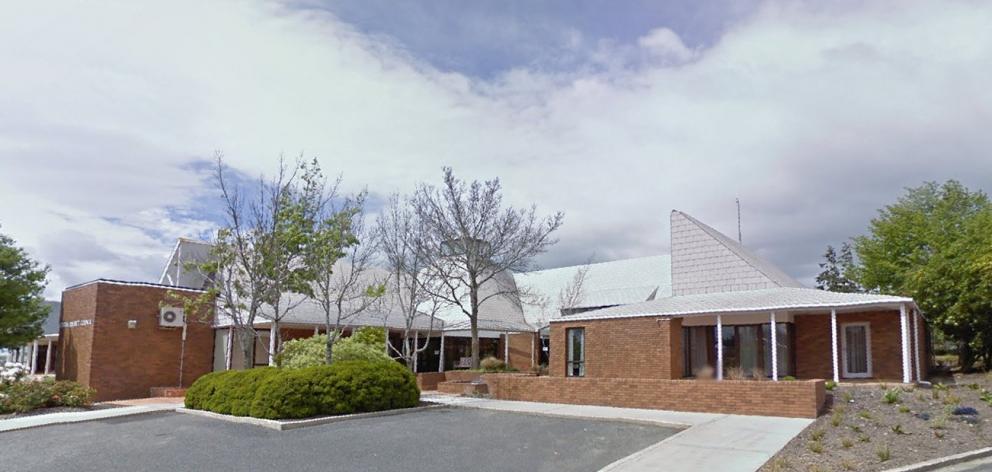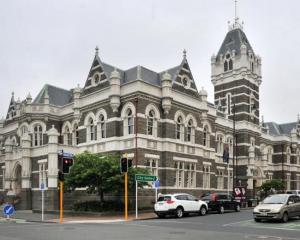
Clutha District Council received plaudits from Judge Peter Boshier in the findings of an investigation, published yesterday, in which he examined meeting and workshop practices at eight councils across New Zealand.
He began his review in August last year, following complaints critical decisions were being made away from the public eye, and "undermining local democracy".

However, Judge Boshier said he was impressed by Clutha’s "strong culture of openness".
"It is evident that the council has ensured staff and elected members understand, as per the Local Government Official Information and Meetings Act, that an actual and effective ‘decision’ can only be made at a formal council meeting and not at a workshop."
Clutha Mayor Bryan Cadogan said although he was pleased with the outcome of the review, it had been poorly timed and "a foregone conclusion" in Clutha’s case.
"We’re pedantic about transparency, and go to considerable lengths to play a straight bat, so there’s nothing here we didn’t expect.
"We have no issue being scrutinised, but the timing was poor in the run-up to a [local government] election already plagued by conspiracy and mistrust of officials.
"We were unable to defend ourselves then, but pleased to see the facts published now."
Summarising his findings, Judge Boshier said the review aimed to "increase transparency and accountability in the way councils use meetings and workshops".
"... Meetings should be open to the public, unless there is good reason to exclude them.
"These meeting requirements can’t be avoided simply by calling what is really a meeting a workshop," Judge Boshier said
Some councils were using terminology like "hui" or "forum" to describe workshops or informal briefing sessions, he said.
Irrespective of the title, the same requirements around transparency and accountability, and the requirement to keep full and accurate records applied, he said.
Judge Boshier found no evidence that actual decisions were made in workshops, but found some workshop practices that were "counter to the principles of openness and could contribute to a perception that workshops are not being used in the right way".
"[Some] council officials and elected members didn’t want to open workshops for ... reasons including that asking questions could make them look stupid.
"I don’t consider that to be a valid reason to close a workshop. Elected members should be resilient enough to withstand reasonable public scrutiny ...
"Some councils were previously closing workshops by default. In my view, that is unreasonable.
"As a matter of good practice, workshops should be closed only where it is reasonable."
Judge Boshier was pleased to see a willingness to improve transparency among the councils reviewed.













